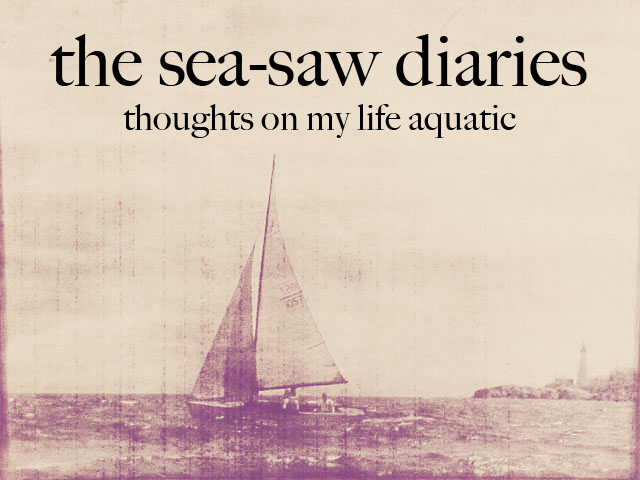In an introductory anthropology course, you learn about how once upon a time people lived in hunter-gathering societies. This meant that whatever you had, you carried with you.
To have more than you needed was to be burdened.
Then we figured out how to plant and grow and harvest, and with the birth of agriculture came for the first time the idea of surplus—having more than enough.
This concept of surplus meant that some began to have more, and others less.
Some had greater access, and others not.
This was the beginning of stratified society.
It’s a divide that carries us from pharaohs to feudal lords and onward to this day, where every modern society, no matter the political ideology, manifests to one degree or another the chutes and ladders of a hierarchal system born a long while ago with seeds and surplus.
The thing about India is that it made no attempt to euphemize its stratification—to have caste written into your social and religious creed is about as un-sugarcoated as it comes. And the legacy of that system is on a scale so large and a magnitude so staggering, it would be absurd to pretend otherwise.
The have-nots are not well hidden.
I have this image branded in my brain of our drive in the rickshaw through Chennai at nighttime, and on every block tens and tens of people were asleep on the sidewalk—a new block, a new batch of men, women, and children lying still on the concrete—for the entirety of our drive.
Strangely enough, it was a sight I had seen before.
Because people sleep on our concrete too.
In caste, they say it’s for reasons of karma.
In capitalism, we say it’s for reasons of laziness.
Except, of course, it’s much, much more complicated than that—as anyone who’s ever tried being a part of the solution knows full well.
I find my brain runs in circles, trying to sort through the madness.
And at the end of the day, I have to choose to get off the rat wheel, and to rest in the life and teaching of Jesus, as his heart was always running recklessly after people on the margins.
The messy and the bleeding and the blind and the crusty—we know the stories.
The ones with the littlest of access to the world’s surplus.
They were his great, counter-cultural delight.
Which, having now seen more of the world than before, I find deeply instructive and entirely compelling.
But then I did have a hunch that circumnavigating the world would make the most nonsensical-seeming of things the most profoundly relevant.
Ask me come December if my hunch is right.
Love. Anna
Subscribe to:
Post Comments (Atom)

Dearest Anna,
ReplyDeleteI've read this particular entry at least 6 times. You raise some very important images and reflections. Thank you for this.
Love,
Aunt Barb